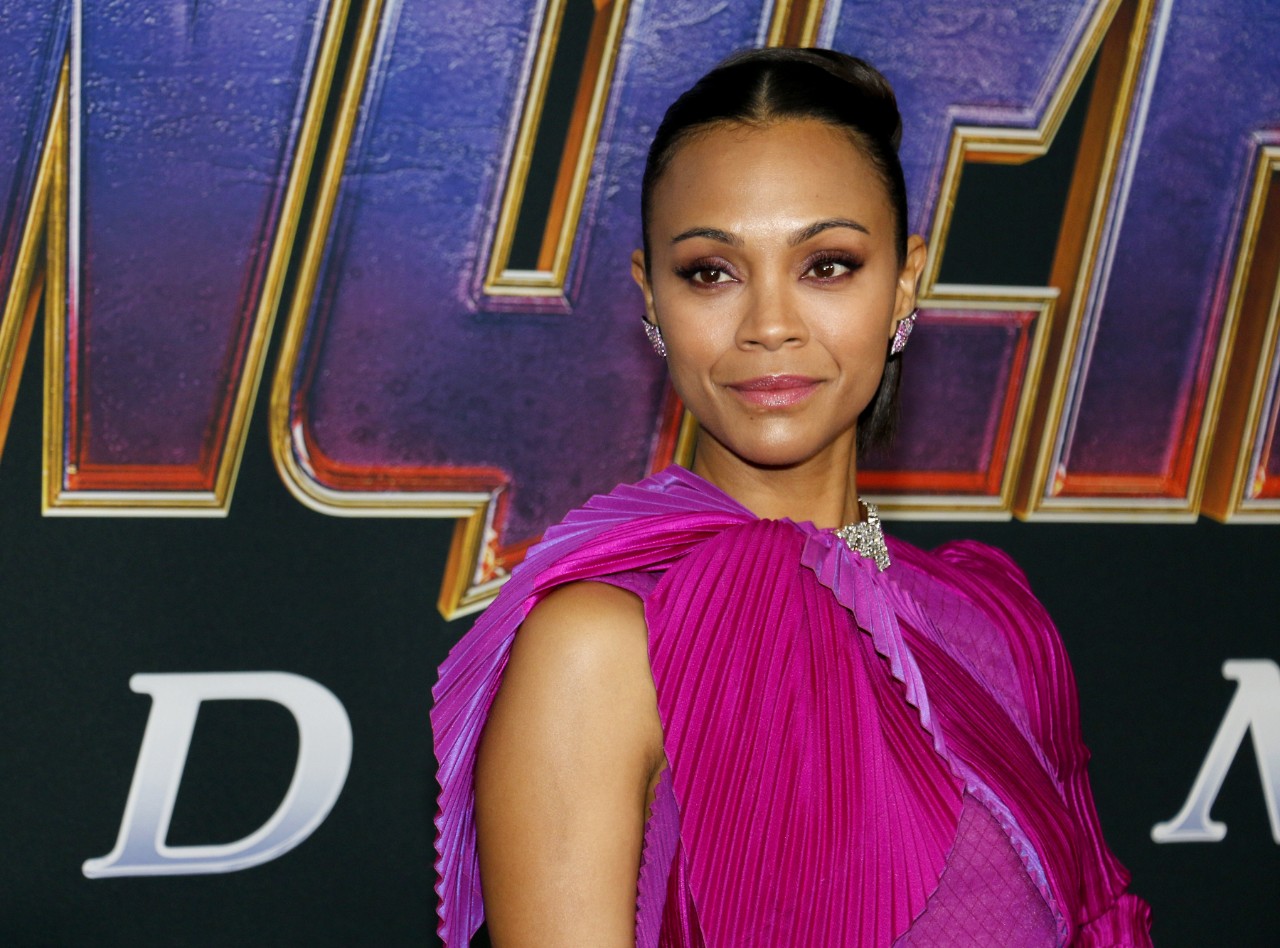Following the ending of “Avengers: Endgame,” the Marvel Cinematic Universe is expected to be a lot more diverse.
Marvel Studios plans to introduce several new superheroes in an expanding array of genders, ethnicities, ages, and sexual orientations.
Victoria Alonso, the studio’s executive vice-president of production, told Vulture, that the history of white male superheroes like Iron Man, Captain America, Thor, and Spider-Man is not reflective of an inclusive culture, and it is a sound business model to include more diversity.
“The lesson with Captain Marvel and Black Panther, where the combined efforts of those two movies are $2.4 billion, is if you don’t do it, you’re leaving money on the table,” said Alonso. “This is show business — there’s a business part to the show. Don’t leave money on the table. Just commit to it.”

Beyond additional capital, Alonso said an increasingly diverse group of heroes, villains, and supporting actors are a top priority for the studio’s future films. “We’re just determined to have it be how we do it,” she says. “And if we do it, maybe somebody else will do it … I encourage every studio, every indie production company, every filmmaker out there to make an effort.”
Marvel has already started working on more diverse and inclusive projects including, Scarlett Johansson’s “Black Widow” and “Shang-Chi” an Asian martial-arts master.
Sarah Halley Finn, casting director who has cast every Marvel film, with 2008’s “Iron Man”, expects a large number of new faces in the Marvel Cinematic Universe: “You’re gonna see even more new faces — and faces from all different background, all ages, all ethnicities, LGBTQ, differently abled people,” she says.

Marvel has been working with the Casting Society of America, which has been holding open calls for underrepresented actors, including transgender, those with disabilities and Middle Eastern, North African, South American actors.
“It’s a priority to have authenticity, to increase representation, to give greater representation to actors who have not traditionally been represented in mainstream movies on the big screen,” says Finn.
Related:


